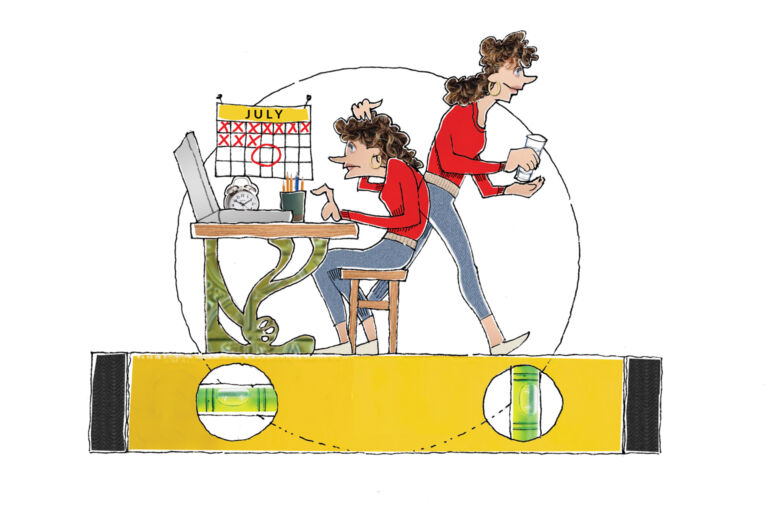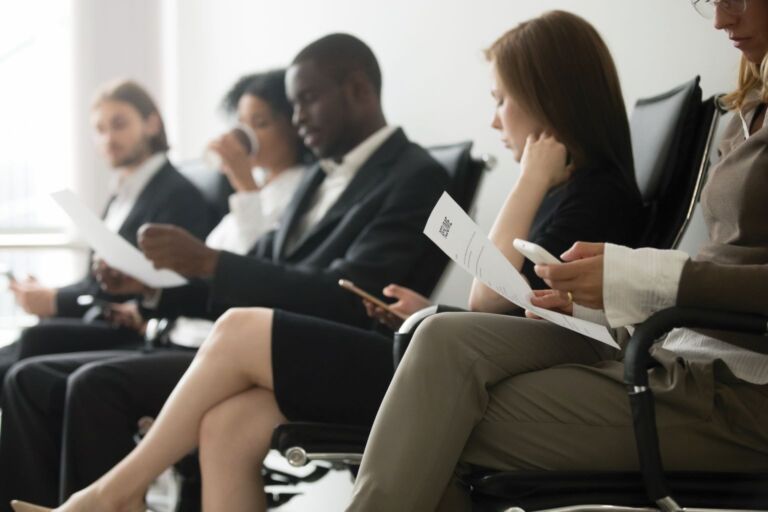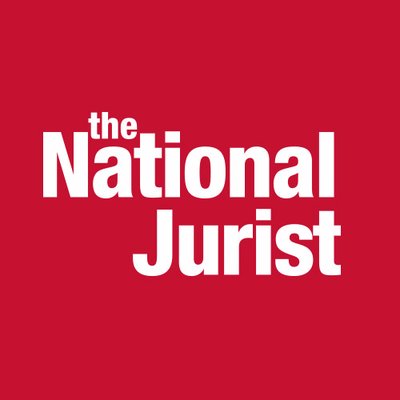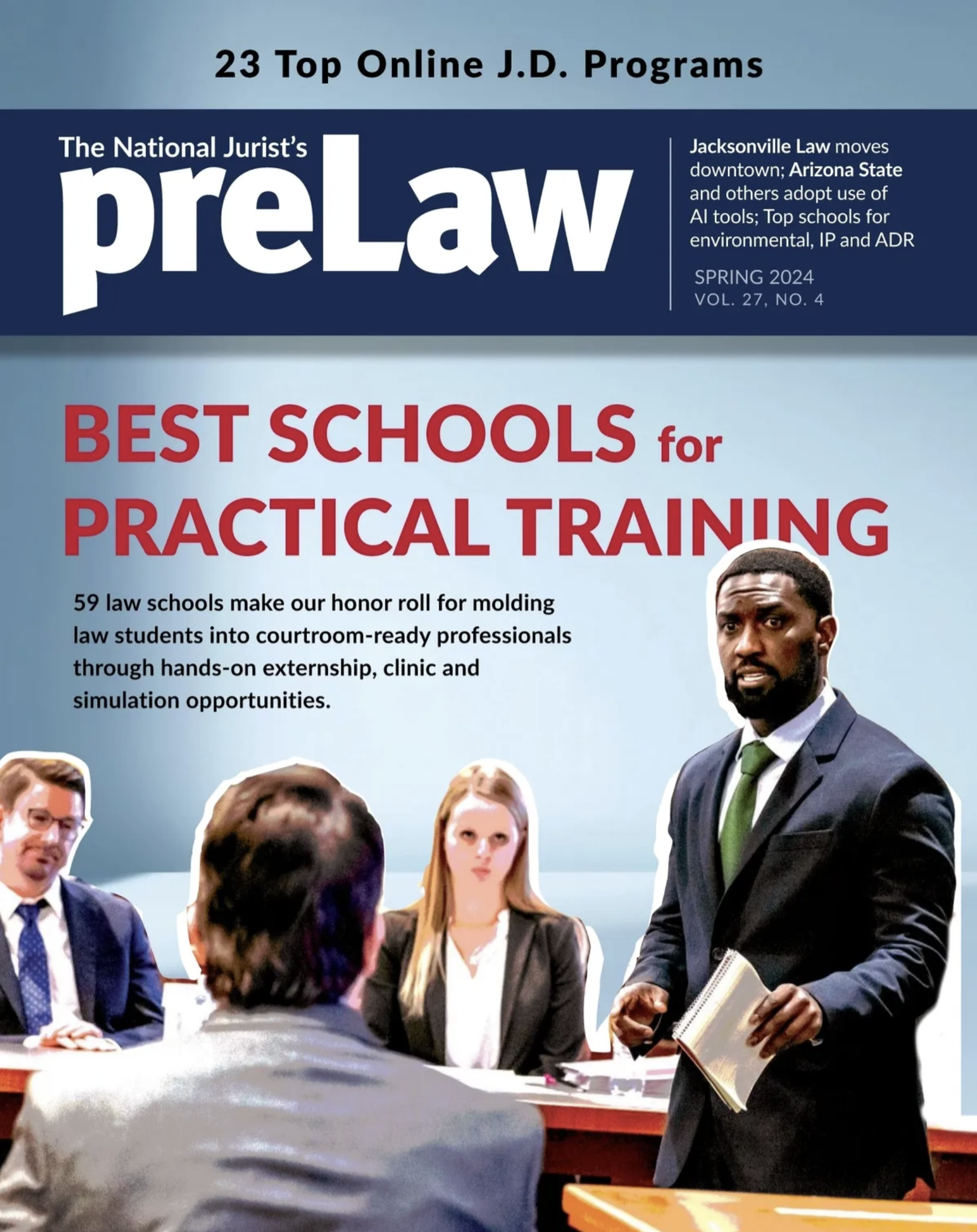While the COVID-19 pandemic hampered employment opportunities for law students, two New York schools pivoted and launched online summer courses to help students get practical experience.
“The pandemic understandably altered summer opportunities for students, many of whom saw summer jobs or externships vanish,” said Anthony W. Crowell, New York Law School Dean and President. “Creative minds came together to create a first-rate experience to advance our students’ knowledge, skills, and professional networks and profiles.”
New York Law School offered an eight-week online program designed to give 120 law students a taste of a Big Law summer associate experience.
Venable LLP partnered with New York Law School for the program and all the assignments were focused on COVID-19 challenges. The legal knowledge and skills taught in the program was designed to enable students to join lawyers on the frontlines of COVID-19 assistance in fall externships and jobs.
Maurice A. Deane School of Law at Hofstra University in Hempstead, N.Y. offered a 10-week Summer Skills Institute, that included online training modules in legal technology, transactional law and litigation.
The Institute was modeled on programs offered by leading law firms to train their summer and junior associates. More than 130 students registered for one of more of the free classes that were offered online.
“Many of the students registered for all four programs,” said Chris Caruso, Senior Associate Dean for Career Services and Compliance. “This represents approximately one-quarter of our rising 2Ls and rising 3Ls classes.”
In addition to Hofstra Law professor John Tsiforas, the law school partnered with Hotshot, a provider of digital learning content to the legal industry, and DORA, a leading global consulting firm advising lawyers at top tier law firms and major corporations, to make the summer schedule.
“I anticipate future programs to be online because it provides the greatest flexibility to all those participating,” Caruso said.
He also thinks students will complete this program with more than a certificate of completion.
“Employers want to hire students with real-world skills and who add value by identifying issues. The tech programs will provide students with added practical skills,” Caruso said. “The Hotshot programs will give students a leg-up by familiarizing them with documents and issues that might not be covered in a traditional law school class. And each week, Hofstra Law alumni facilitate a discussion about that week’s topics and discuss how junior associates should approach such issues to help them stand out.”
The free, summer program also enabled students to have more substantial and meaningful discussions with interviewers.
“Too often students think they are interested in an area they know little about,” Caruso said. “These programs will provide students with a deeper understanding of what junior lawyers in these areas do on a day-to-day basis.
At New York Law School, students formed three practice groups: Corporate Law, Government Affairs and Policy, and Litigation. They met for formal classes, conducted “staff meetings” with partners and senior associates (high-level advisors) and created a wide range of real-world deliverables including memos, client letters, motions, corporate transactional documents, legislation, and client presentations. Students will also attend virtual guest lectures, legal technology trainings, and weekly Leadership Development sessions.
“One of the program’s most successful elements has been our series of leadership lectures on professional development topics,” said Liz Thomas, Assistant Vice President for Communications and Content Strategy.
Speakers included top leaders in law, business and government, including a former U.S. Senator — Mark L. Pryor.
Students who completed the program earned three experiential learning credits towards their graduation requirement.
“We believe this is the first program of its kind and an innovative response to the pandemic,” Thomas said. “ But, because it’s been so successful, we are already thinking about ways to continue it. While we designed the program to be a strong and scalable model for how a law school can support its students’ skills development and career success during a challenging time, we will also look at this approach for adaptation in other parts of the curriculum.”







